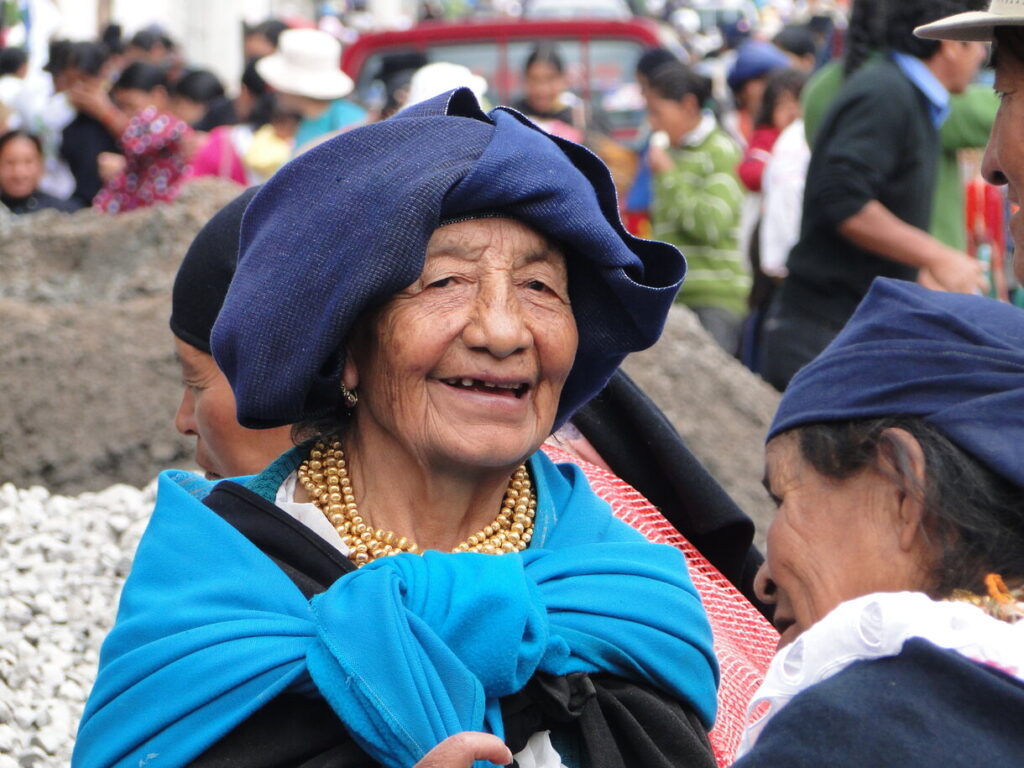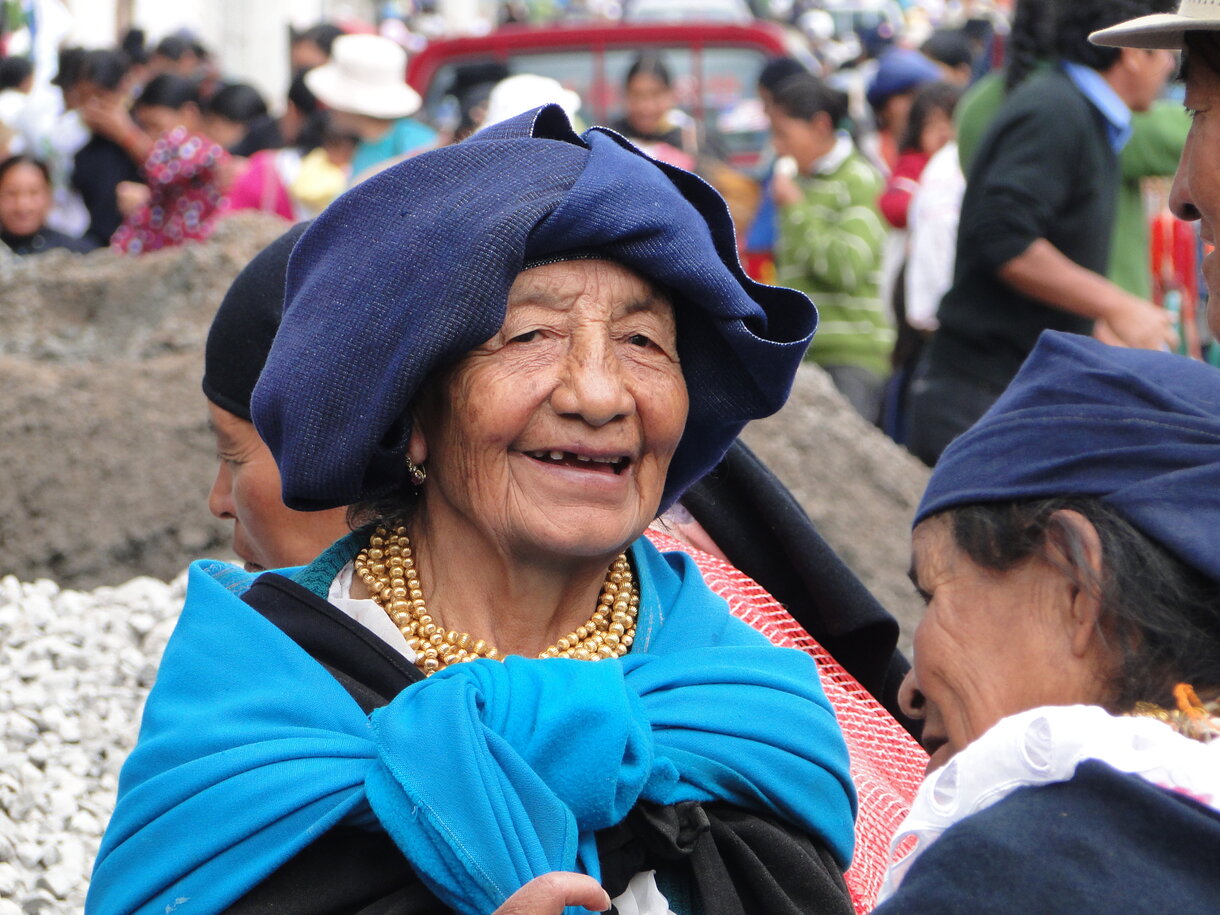Otavalo Market – A Vibrant Tapestry of Andean Culture
We began the final day of our Ecuadorian adventure before dawn – departing Baños at 4:30 am for Quito, then onward to famous Otavalo. Here in the heart of Imbabura’s Andean region, every Saturday unfolds one of South America’s most colorful spectacles.
Historical insight: The Otavalo Market has roots stretching back to pre-Incan times. The local Kichwa people have traded wool, textiles and food here for centuries. Today it’s the largest indigenous market in the Andes, drawing visitors worldwide.
While tradition dictates arriving at dawn (when authentic village-to-village trading happens), we arrived around noon. Instead of livestock and produce, we found the tourist-oriented version – still absolutely breathtaking.

A Rainbow of Colors and the Art of Bargaining
Plaza de Ponchos resembled a living kaleidoscope – hundreds of stalls overflowing with handwoven ponchos, famous Panama hats (which ironically originate from Ecuador, not Panama!), colorful blankets, jewelry and traditional instruments.
Cultural note: The Otavalo people take immense pride in their traditions. Women wear embroidered white blouses, black skirts and gold bead necklaces, while men sport white pants, dark ponchos and long braids. They’re among few Andean groups maintaining such strong cultural identity.
Prices were reasonable, but bargaining is mandatory. Remember – the first price is always just the starting point! My personal record? An alpaca wool sweater purchased for 60% of the initial asking price.

Beyond Tourist Souvenirs
While the main square caters to visitors, the side streets reveal Otavalo’s authentic heart:
- Local food stalls – try tagua fruits or choclo (Andean corn)
- Weaving workshops demonstrating traditional textile production
- Small eateries serving specialties like hornado (roast pork) or locro (potato soup)
With bags full of souvenirs (some practical, some… less so), we returned to Quito, bidding farewell to magical Ecuador. Otavalo proved the perfect finale – vibrant, alive with culture, and authentic despite commercialization.
Practical tips:
- For the authentic market experience, arrive before 7 am
- Cash is essential – many vendors don’t accept cards
- Beware of fake “alpaca wool” – often just acrylic imitations
- Weekends offer the largest market but biggest crowds

Leave a Reply